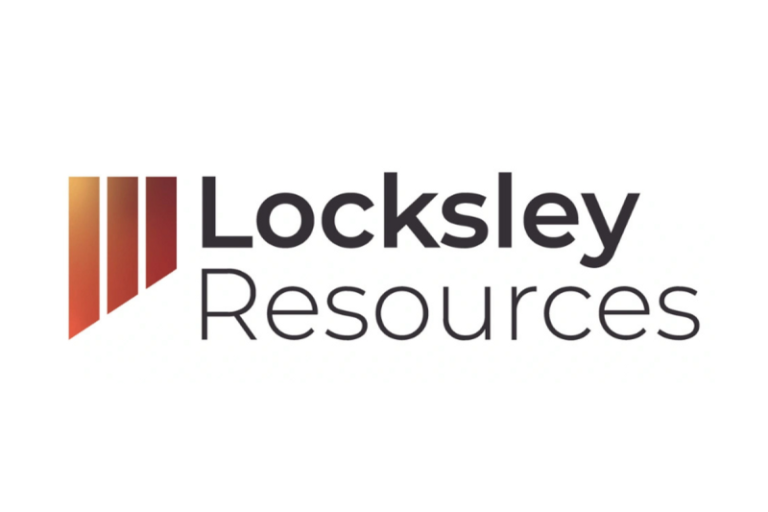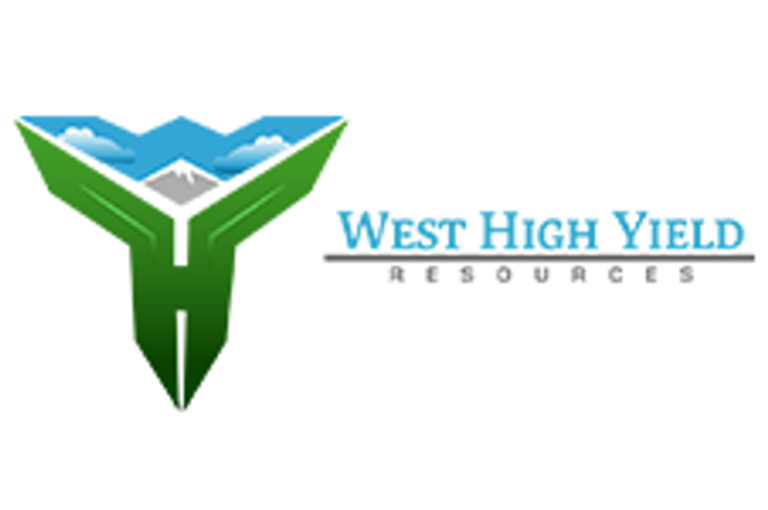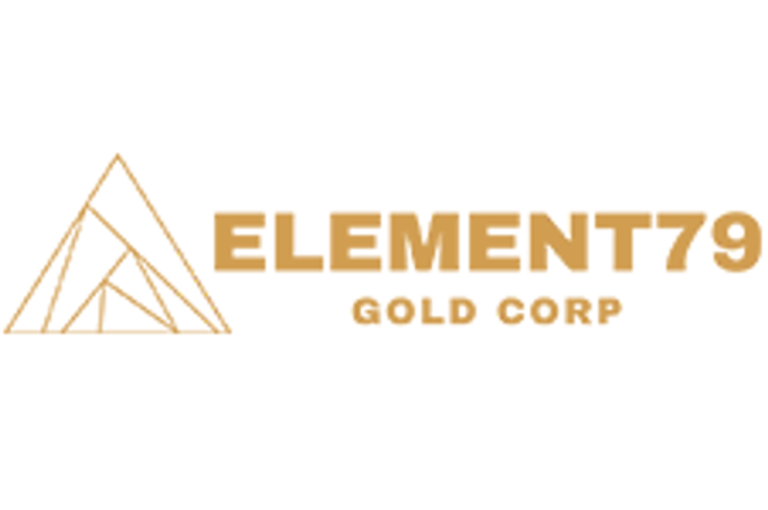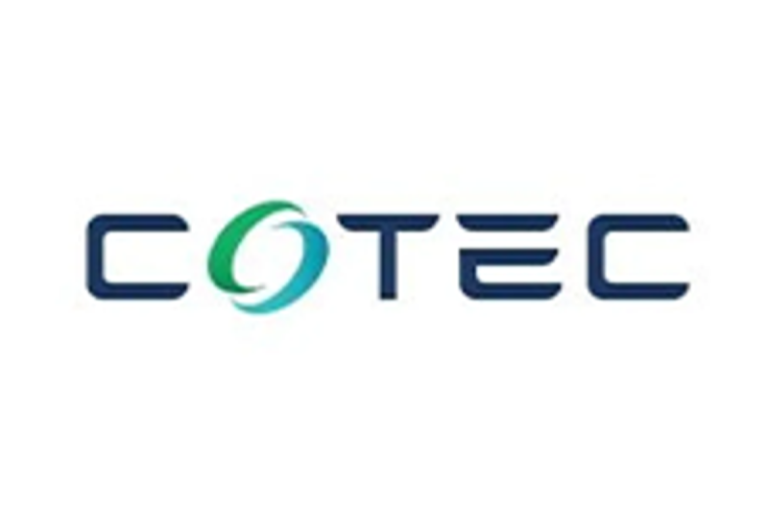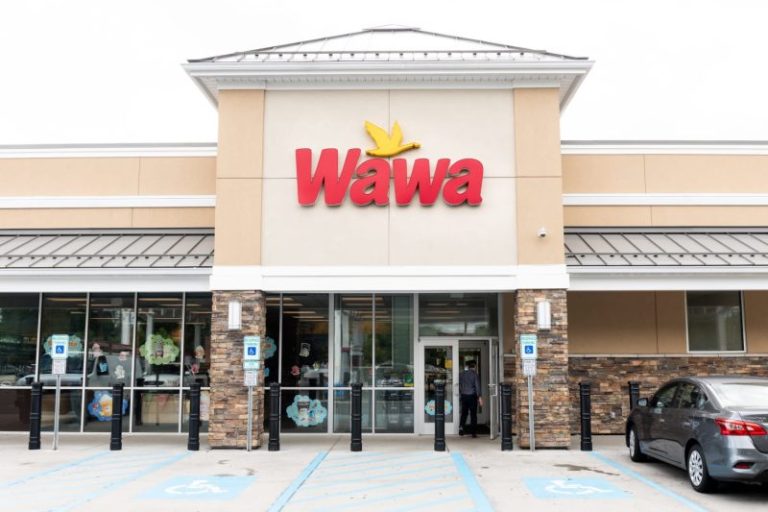A Senate Republican warned Monday that Congress would likely have to change the law following deep Medicaid cuts in President Donald Trump’s ‘big, beautiful bill.’
Sen. Susan Collins, R-Maine, said during an appearance at the Global Health Innovation Forum at Massachusetts General Hospital in Boston that ‘pressure’ would grow over time for lawmakers to make a change to the megabill’s steep cuts to Medicaid.
She said she supported other big-ticket items in the bill, like extending provisions from Trump’s 2017 Tax Cuts and Jobs Act and the beefing up of Medicaid’s work requirement.
But Collins argued that while there should be an effort to trim the costs of Medicaid and Medicare in the country, the deep, nearly $1 trillion cuts to Medicaid would hurt Americans.
‘They don’t go into effect next year, they go into effect the following year,’ Collins said. ‘But a year is not going to make any difference at all, and I’m just very concerned that people who need the care aren’t going to get it.’
Collins warned that once ‘we start seeing Americans getting sicker as a result of this, having delayed treatment because they no longer have the coverage,’ then lawmakers will have to take a better look at the cuts they greenlit in June.
‘I don’t see the states having the ability to step up and fill the gap here. I just don’t. Even wealthy states,’ she said. ‘I just don’t see that happening. And as the implications of the bill become better known, I think there’s going to be tremendous pressure on Congress to change the law. But we’re going to need the evidence, the stories, the research that didn’t occur.’
She was one of only three Senate Republicans — the others were Sens. Rand Paul, of Kentucky, and Thom Tillis, of North Carolina — to vote against the colossal package in June. At the time, she cited Medicaid cuts as the key reason behind her decision not to back the bill.
Collins noted that before the bill ever went to the floor for what would become a marathon, 29-hour vote-a-rama before final passage in the upper chamber, she told both Republican leaders in the Senate and officials at the White House that she was a hard ‘no’ unless changes were made to the bill.
She offered leaders and the administration a list of 10 items she took issue with, including cuts that would affect rural hospitals. Maine has 32 rural hospitals, she said, with one having just been closed.
‘We have five that are teetering on the brink of closure because they’re already in trouble, because the Medicaid reimbursements are not high enough, and also because of population changes,’ she said.
Collins and other skeptics of the Medicaid cuts, including Sen. Josh Hawley, R-Mo., did notch a minor victory with the inclusion of a $50 billion rural hospital fund to help offset the broader cuts — and she vowed to pressure Centers for Medicare and Medicaid Services Director Mehmet Oz to hustle that funding out the door.
Still, in a state like Maine, which has roughly 31% of the population on Medicaid, she worried that the cuts would see hospitals shoulder more of the costs of care.
‘These cuts, I worry, are going to be devastating for states like Maine, for the people who rely on it,’ Collins said. ‘But you know, a lot of those individuals are still going to show up in the hospital emergency room.’
‘They won’t have been getting the care that they need to keep them out of the hospital emergency room,’ she continued. ‘They’re going to be coming to you with their problems, and they’re not going to be covered by Medicaid, and the problem with that is it’s going to be uncompensated care for hospitals.’
Fox News Digital reached out to the White House for comment but did not immediately hear back.




